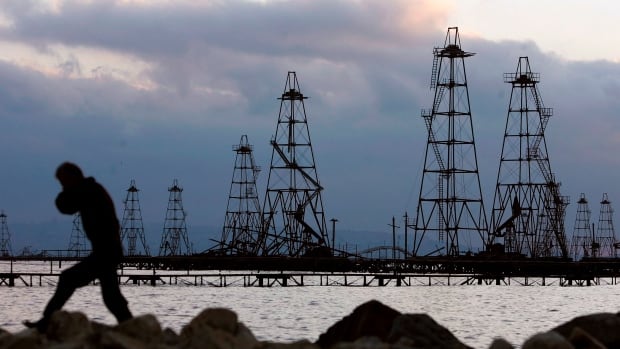Why the Saudis Want a Deal in Doha
Perhaps the biggest discussion in the oil industry right now is whether Saudi Arabia and other members of OPEC will freeze production or not. That’s a topic of major interest to investors large and small.
 In a recent guest spot on radio program Stocks & Jocks, I discussed this topic with the host Tom Haugh and CNBC commentator and Option’s Monster Co-founder Jon Najarian. Najarian believes that Saudi Arabia will never agree to freeze production as long as they have the opportunity to hurt Iran. That is the probable course of action for the Saudi’s, but it shouldn’t be.
In a recent guest spot on radio program Stocks & Jocks, I discussed this topic with the host Tom Haugh and CNBC commentator and Option’s Monster Co-founder Jon Najarian. Najarian believes that Saudi Arabia will never agree to freeze production as long as they have the opportunity to hurt Iran. That is the probable course of action for the Saudi’s, but it shouldn’t be.
The Saudi’s interests would be better served from both and economic and a national security standpoint in freezing production, even if Iran refuses to cut its own production. Both assertions can be backed up by clean and clear cut models. Yet this view is likely to be extremely controversial – many traders out there believe that Saudi Arabia would be hurting its own economic interests were it to freeze production without coordinated action by other groups. That view is wrong.
Really???
(First Financial Insights believes the glut may last into 2017 or beyond when demand deconstruction is factored in. Prices could still go lower. Much lower.)
The Saudi’s goal economically is to maximize profits over the long-term. This can be done by maximizing a combination of market share and price per barrel of oil. By not freezing production, the Saudi’s can at best maintain their existing market share while waiting for low prices to drive competing producers out of the market. That process is both slow and inefficient. The production losses for oil in both the short- and long -term are far smaller from a total revenue standpoint than the lost revenue from lower prices.
READ MORE

